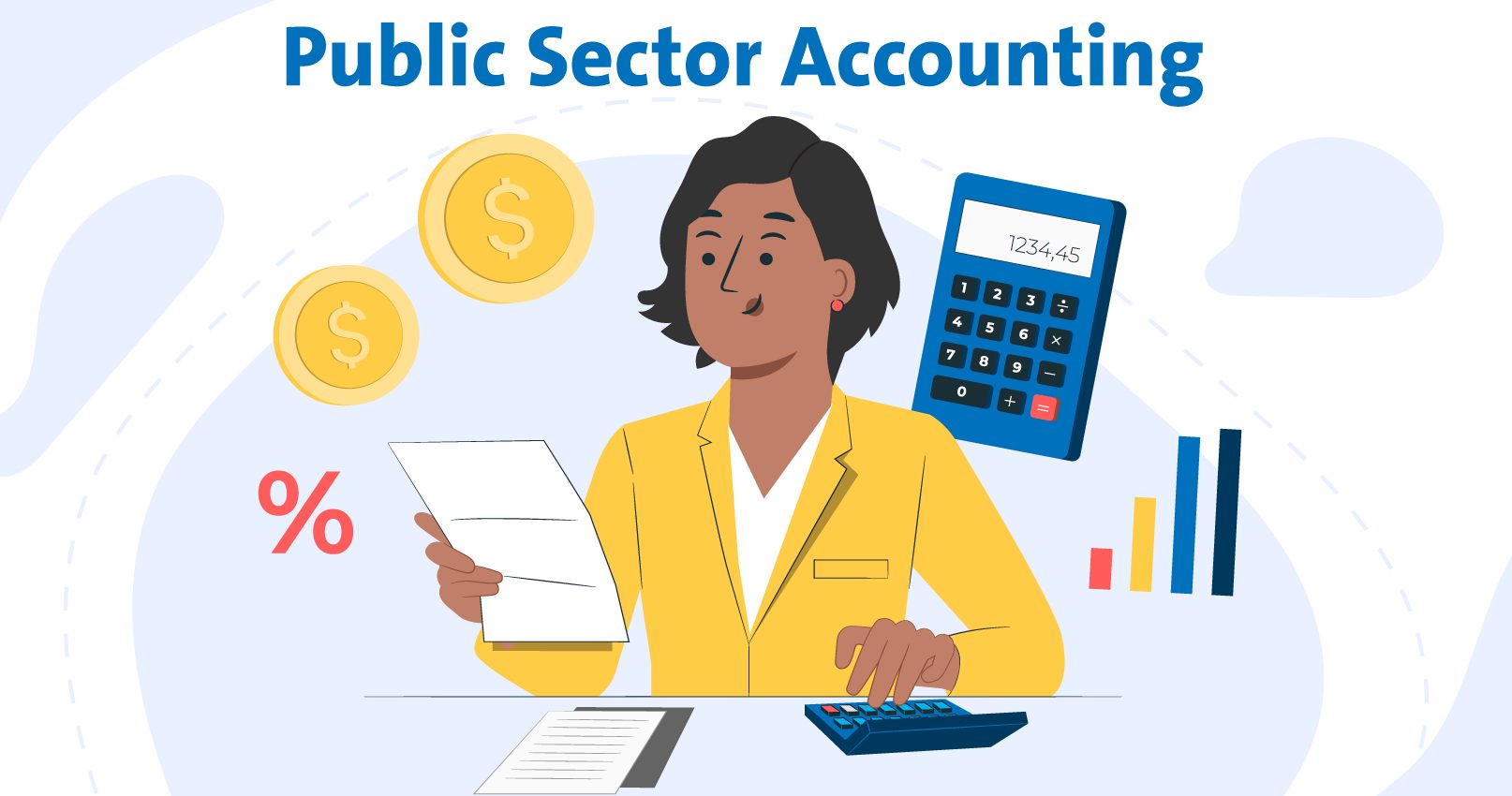What is a Behavioral Accounting Dissertation?
A behavioral accounting dissertation is a detailed research project focusing on how human behavior affects accounting practices. Unlike traditional accounting, which mainly deals with numbers and financial records, behavioral accounting looks at the psychological and emotional factors that influence how accounting decisions are made.
For example, it may study how a person’s mood or personality can impact financial reporting or how biases might affect budgeting decisions.
Why are Behavioral Accounting Dissertation Topics Important?
Behavioral accounting dissertation topics are important because they help us understand the human side of accounting. Traditional accounting focuses on data and rules, but behavioral accounting dives deeper into the decision-making processes behind the numbers.
This field can reveal why people make certain financial choices, how emotions can affect those decisions, and how companies can improve their financial practices by understanding these factors. As businesses become more complex, understanding human behavior in accounting is becoming crucial for making better financial decisions.
Writing Tips for Behavioral Accounting Dissertations
- Choose a Clear Topic: Start by picking a specific topic that interests you. Make sure it’s not too broad or too narrow. For example, instead of just “Behavioral Accounting,” focus on “The Impact of Emotions on Financial Decision-Making.”
- Research Thoroughly: Gather information from reliable sources. Look for academic journals, books, and case studies that discuss behavioral accounting. Make sure to take notes and organize your research.
- Create an Outline: Before writing, create an outline of your dissertation. This will help you stay organized and ensure you cover all the necessary points. Include an introduction, literature review, methodology, results, and conclusion.
- Use Simple Language: Write in clear, simple language. Avoid using complex words or jargon that might confuse readers. Remember, your goal is to explain your ideas in a way that everyone can understand.
- Be Objective: When writing, stay neutral and avoid letting personal opinions influence your work. Present the facts and let the data speak for itself.
- Edit and Proofread: After writing your dissertation, take the time to edit and proofread it. Look for any grammar or spelling errors, and make sure your ideas flow logically.
Behavioral Accounting Dissertation Topics Brief Service
At dissertation-help.co.uk, we offer a comprehensive Dissertation Topics Brief Service to help you select a suitable dissertation topic. Our expert writers can help you generate ideas and outline a detailed topic brief of 500 words. This service ensures that you are headed in the right direction for your dissertation, with a clear and focused topic that meets academic standards.
Paid Topic Consultation Service
You will get the topics first as per the given requirements, and then the brief which includes;
- An explanation why we choose this topic.
- 2-3 research questions.
- Key literature resources identification.
- Suitable methodology with identification of raw sample size, and data collection method
- View a sample of topic consultation service
Download Sample Dissertations Pdf
Before you start working on your own dissertation, it’s helpful to take a look at some sample dissertations. Our collection of sample dissertations covers a wide range of civil law topics and can give you a better understanding of how to structure and write your own dissertation.
You can download free dissertation samples and topic briefs to get an idea of how to approach your topic and craft an engaging dissertation. This can serve as inspiration and guidance throughout your research process.
List of Behavioral Accounting Dissertation Topics
Explore top Behavioral Accounting dissertation topics to enhance your research with insights into human behavior, decision-making, and financial practices.
1. Emotions and Psychological Factors in Financial Decision-Making
- The Role of Emotions in Financial Decision-Making
- The Influence of Stress on Financial Reporting Accuracy
- The Impact of Cognitive Dissonance on Financial Decision-Making
- How Emotions Influence Tax Compliance Behavior
- The Effect of Overconfidence on Financial Forecasting
- The Relationship Between Financial Anxiety and Spending Habits
- How Emotions Affect Managerial Accounting Practices
- The Impact of Emotions on Credit Risk Assessment
- How Emotions Influence Financial Disclosure Practices
- Understanding the Role of Emotions in Financial Negotiations
- How Emotions Affect Financial Risk-Taking Behavior
- How Emotions Influence Capital Budgeting Decisions
- How Emotions Affect Corporate Financial Decision-Making
- Understanding the Role of Emotions in Tax Planning
- Understanding the Role of Emotions in Financial Accounting Practices
2. Behavioral Biases in Financial Decision-Making
- Behavioral Biases in Corporate Financial Planning
- How Confirmation Bias Affects Investment Strategies
- Behavioral Factors Influencing Risk Assessment in Auditing
- How Heuristics Affect Financial Decision-Making in Corporations
- The Impact of Cognitive Biases on Financial Audits
- The Role of Behavioral Biases in Tax Planning Strategies
- The Impact of Behavioral Biases on Financial Statement Audits
- The Role of Behavioral Biases in Pension Fund Management
- How Cognitive Biases Affect Investment Appraisal Decisions
- How Behavioral Biases Affect Dividend Policy Decisions
- How Behavioral Biases Influence Financial Decision-Making in Startups
- How Behavioral Biases Affect Financial Decision-Making in Multinational Corporations
- Understanding the Role of Behavioral Biases in Corporate Governance
3. Cognitive Biases and Their Influence
- The Impact of Cognitive Dissonance on Financial Decision-Making
- How Cognitive Biases Affect Financial Statement Analysis
- How Cognitive Biases Affect Financial Statement Interpretation
- The Effect of Personality Traits on Financial Reporting Quality
- How Cognitive Biases Affect Financial Planning and Analysis
- How Cognitive Biases Affect Financial Statement Comparability
- How Cognitive Biases Influence Corporate Governance
- How Cognitive Biases Influence Investment Portfolio Management
- The Impact of Cognitive Load on Financial Decision-Making
- How Cognitive Biases Influence Financial Performance Measurement
- The Role of Cognitive Biases in Financial Reporting Standards
4. Leadership, Social Influence, and Group Dynamics
- The Effect of Leadership Styles on Financial Performance
- How Social Influence Shapes Corporate Budgeting Decisions
- How Social Norms Influence Financial Decision-Making in Corporations
- The Role of Trust in Financial Reporting and Accounting
- How Social Influence Affects Financial Reporting Decisions
- The Role of Social Influence in Tax Compliance Behavior
- How Social Influence Affects Tax Compliance Behavior
5. Behavioral Economics and Its Application in Accounting
- The Role of Behavioral Economics in Accounting Practices
- How Behavioral Economics Can Improve Accounting Standards
- The Role of Behavioral Economics in Financial Regulation
- The Role of Behavioral Economics in Shaping Accounting Policies
- The Role of Behavioral Economics in Improving Accounting Education
6. Ethics and Corporate Governance in Behavioral Accounting
- The Role of Ethics in Behavioral Accounting
- Behavioral Accounting and the Psychology of Fraud Detection
- The Role of Behavioral Accounting in Corporate Governance Reforms
- The Impact of Behavioral Accounting on Corporate Reputation Management
- The Role of Behavioral Accounting in Ethical Decision-Making
- Understanding the Psychological Factors Behind Financial Misreporting
- The Impact of Behavioral Accounting on Corporate Governance Practices
7. Cultural and Personality Influences
- How Cultural Differences Impact Accounting Practices
- The Influence of Gender on Financial Decision-Making in Accounting
- How Cultural Biases Influence International Accounting Practices
- How Personality Traits Affect Budgeting in Small Businesses
- How Personality Traits Affect Financial Statement Fraud
- The Impact of Personality Traits on Financial Reporting Quality
8. Behavioral Accounting in Business Applications
- The Role of Behavioral Accounting in Predicting Financial Crises
- The Role of Behavioral Accounting in Mergers and Acquisitions
- The Role of Behavioral Accounting in Cost Management
- The Role of Behavioral Accounting in Performance Measurement
- The Role of Behavioral Accounting in Corporate Tax Avoidance
- The Role of Behavioral Accounting in Corporate Risk Management
- The Role of Behavioral Accounting in Corporate Financial Planning
- The Role of Behavioral Accounting in Earnings Management
- The Role of Behavioral Accounting in Corporate Financial Performance
- The Role of Behavioral Accounting in Financial Sustainability
- The Role of Behavioral Accounting in Financial Education
- How Behavioral Accounting Can Improve Financial Education
9. Impact of Behavioral Accounting on Financial Reporting
- Understanding the Behavioral Aspects of Financial Risk Management
- How Behavioral Biases Influence Financial Reporting
- The Influence of Behavioral Accounting on Financial Transparency
- The Role of Behavioral Accounting in Financial Reporting Standards
- The Impact of Behavioral Accounting on Financial Restatements
- The Impact of Behavioral Accounting on Financial Disclosure Practices
- How Behavioral Biases Affect Financial Statement Audits
- The Role of Behavioral Accounting in Corporate Tax Avoidance
10. Behavioral Accounting in Industry-Specific Contexts
- Behavioral Factors Influencing Corporate Social Responsibility Reporting
- The Impact of Behavioral Accounting on Environmental Reporting
- The Role of Behavioral Accounting in Managing Financial Crises
- The Role of Behavioral Accounting in Strategic Management Decisions
- The Impact of Behavioral Accounting on Corporate Ethics
- The Impact of Behavioral Accounting on Corporate Financial Performance
11. Behavioral Accounting and Financial Crises
- The Role of Behavioral Accounting in Financial Crisis Management
- The Role of Behavioral Accounting in Predicting Financial Bubbles
- The Role of Behavioral Accounting in Corporate Risk Management
- The Role of Behavioral Accounting in Corporate Financial Performance
12. Behavioral Accounting in Specific Sectors
-
- Understanding the Role of Behavioral Accounting in Tax Policy Design
- Understanding the Behavioral Aspects of Corporate Finance
- The Role of Behavioral Accounting in Corporate Tax Avoidance
- The Impact of Behavioral Accounting on Corporate Governance
Conclusion
Behavioral accounting is a fascinating field that combines psychology and finance to explore how human behavior impacts accounting practices. Writing a dissertation on this topic allows you to dive deep into the decision-making processes behind financial actions. By choosing a clear topic, researching thoroughly, and writing in simple language, you can create an engaging and informative dissertation. Understanding behavioral accounting can lead to better financial practices and decision-making, making it an important area of study in today’s business world.
FAQs
What is Behavioral Accounting?
- Behavioral accounting studies how human behavior affects accounting decisions and practices.
Why is Behavioral Accounting Important?
- It helps businesses understand the psychological factors behind financial decisions, leading to better financial management.
What are Some Examples of Behavioral Accounting Topics?
- Examples include the role of emotions in financial decision-making and the impact of cognitive biases on financial audits.
How Can I Write a Good Behavioral Accounting Dissertation?
- Choose a clear topic, research thoroughly, use simple language, and stay objective in your writing.
List of Related Posts
- 99+ Top Behavioral Accounting Dissertation Topics for 2025
- 99+ Corporate Governance Dissertation Topics for 2025
- 99+ Top Environmental Accounting Dissertation Topics in 2025
- Top 99 Public Sector Accounting Dissertation Topics for 2025
- 99 Top International Accounting Dissertation Topics for 2025
- 99+ Top Forensic Accounting Dissertation Topics for 2025
- 99 Top Taxation Accounting Dissertation Topics for 2025
- 99+ Top Governmental Accounting Research Topics for 2025
- 99+ Top Management Accounting Dissertation Topics for 2025
- 99 Top Financial Accounting Dissertation Topics for 2025
- 99+ Top Accounting and Finance Dissertation Topics for 2025
- 99+Best Accounting Dissertation Topics and Ideas For 2025
- 99 Top Auditing Dissertation Topics ideas and Examples






